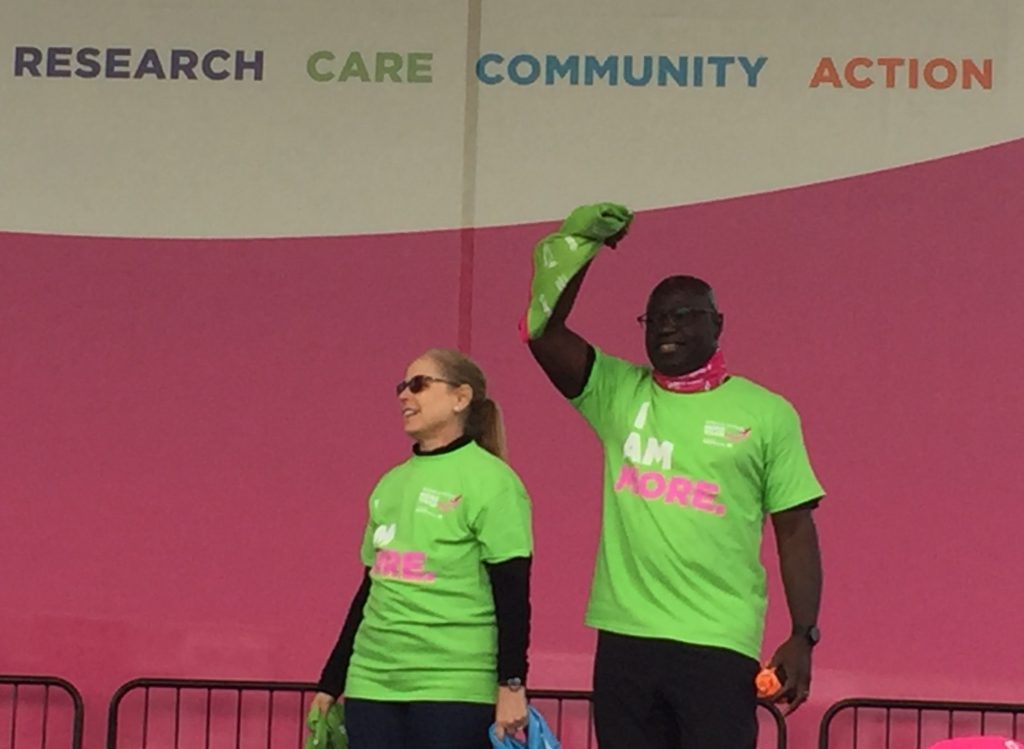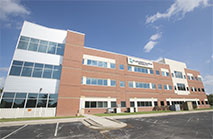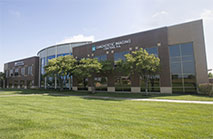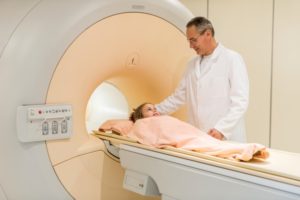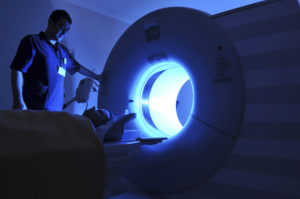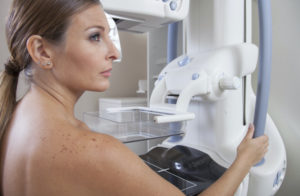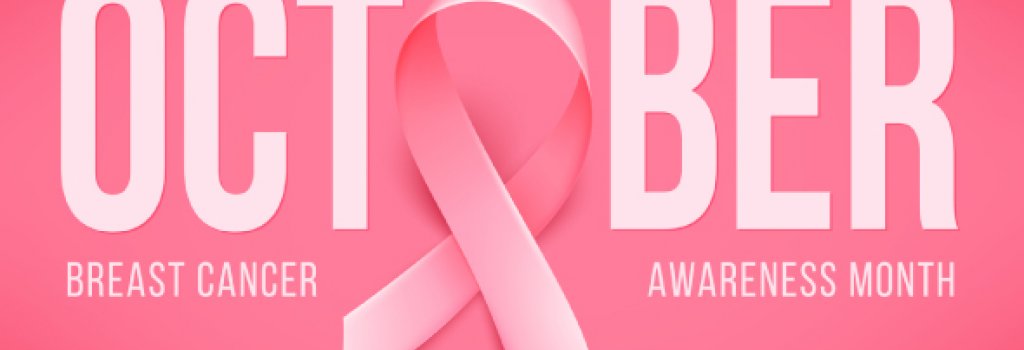
Breast Cancer – Are You At Risk?
October is a month of pumpkins and goblins, falling leaves and cooler temps. For our team at Diagnostic Imaging Centers, October means Breast Cancer Awareness month – pink ribbons and an opportunity to bring our focus squarely on the goal to fight this disease with the best tools we have – early diagnosis and prompt treatment.
Misconceptions about breast cancer are common and can keep women from getting potentially life-saving breast cancer screening. Let’s empower with knowledge by reviewing common misconceptions about risks for the disease.
Are you at risk?
- Are you over 40 and female? Getting older and being female – those are the 2 BIGGEST RISK FACTORS for breast cancer! Breast cancer can affect those under the age of 40, but less commonly – if you have a change in your breasts such as a lump or changes in the skin or nipple at any age, see your doctor right away. Breast cancer can also affect males – but again, much less commonly.
- Do you have a family history of breast cancer? This is one of the most common misconceptions about breast cancer – it does NOT take a family history to place you at risk – over 75% of women diagnosed with breast cancer have NO family history – over 75%! You are average risk being female and over 40 – average risk, meaning 1 in 8 will develop the disease during their lifetime. Screening for breast cancer in average risk women should mean yearly breast exams by your personal physician and yearly mammograms. If you do have a family history of breast or ovarian cancer, your individual risk will be higher, and your screening strategy may differ from that of our average risk women.
- Do you have small breasts? Large? Implants? Turns out, size matters not to breast cancer. Small, large or in-between are all at risk and can all be imaged successfully with mammography. Women with breast implants should get breast cancer screening with mammography yearly, as recommended for all average risk women.
- Do you smoke? Smoking increases your risk for breast cancer – and other cancers throughout the body. If you do smoke, consider this one more reason to ditch the habit for good!
There are other lesser risk factors for breast cancer including obesity, a sedentary lifestyle and alcohol use among others. These have a lesser impact on your overall risk, but are risks that YOU can successfully modify!
We are making great strides with this disease – the number of deaths is declining. But we still have much to learn and still lose over 40,000 women to breast cancer every year. We cannot help but wonder, how many lives could we save if October awareness meant screening of ALL women at risk?
